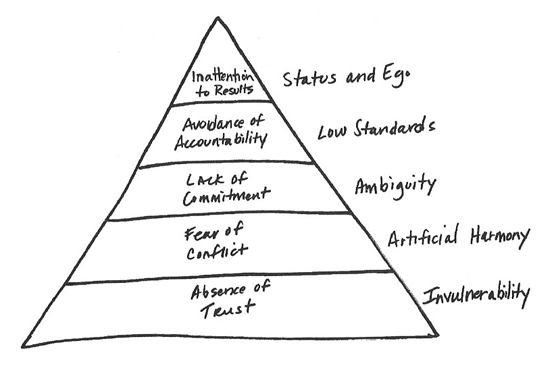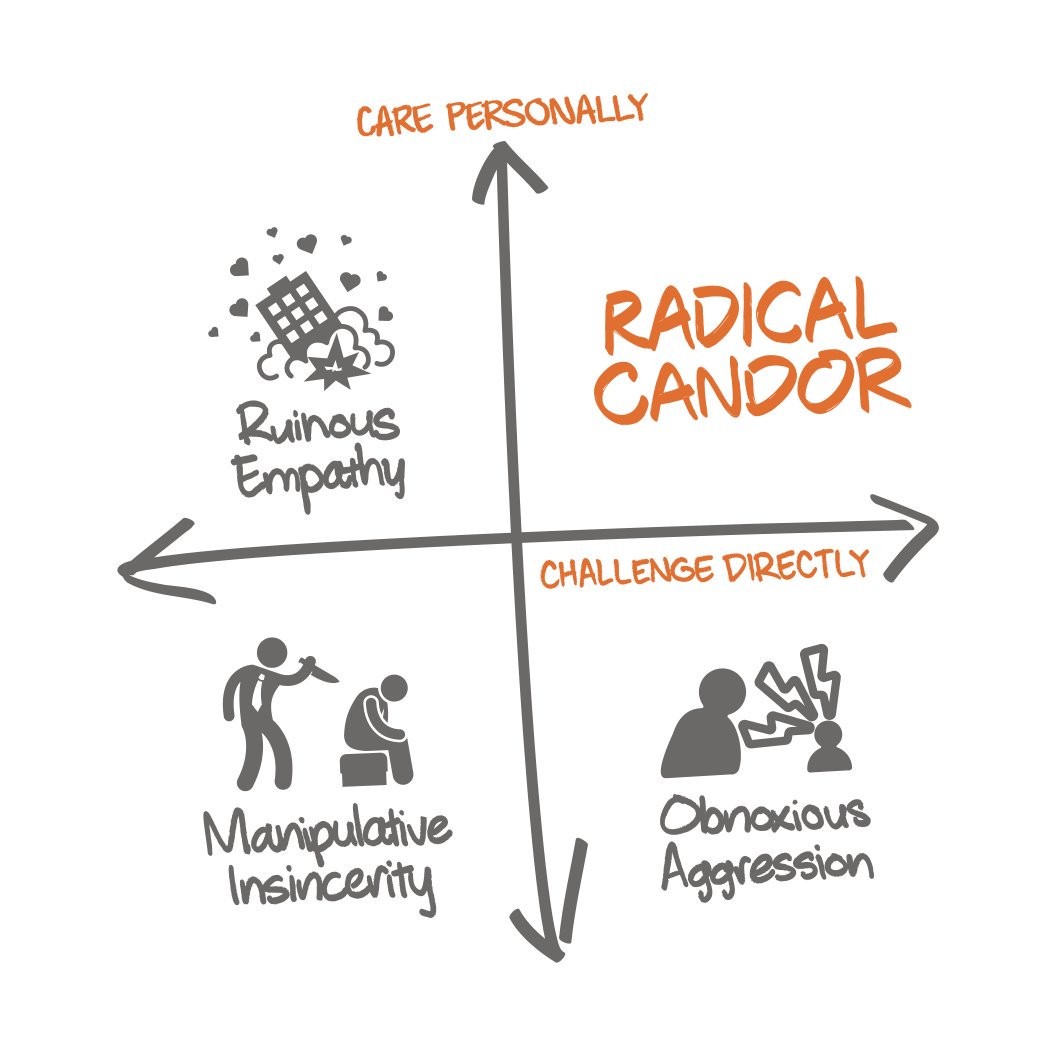“Courageous conversations” seems to have become a ubiquitous term to describe a discussion with a teammate that is potentially anxiety inducing. It may involve providing some direct, personal feedback, breaking some bad or unwelcome news, or challenging a strongly held belief.
Reflecting on a webinar I attended recently, where the content was guiding us to better understand how the other party may feel during such a conversation, I was prompted to consider why certain conversations need to be courageous at all?
I understand that we are programmed to avoid confrontation or challenge, physically and socially, so there will always be conversations that are more uncomfortable than others. However, I’d argue that if we genuinely care for the individual, and have taken time to build up a meaningful degree of trust, then the term “courageous” may not be required?
When we talk about “courageous conversations”, people shuffle in their seats and you can sense the apprehension as we all reflect on moments from our past. Perhaps we need to try to normalise these conversations in the workplace a little more?

Patrick Lecioni's (5 Dysfunctions of a Team) has taught us that Trust underpins high functioning teams and the All Blacks display this every time they walk onto the pitch. Investing time and emotional energy to build relationships based on care and trust is difficult and time consuming, though doing so will make team building much easier.

Over the last year or two I have used the Radical Candor model developed by Kim Scott, and find it a simple, yet powerful tool to understand how I am communicating and providing feedback. I have coached others and trained teams on the concept and as a leader who has erred at times on the side of “ruinous empathy” or as I call it “killing people with kindness”, the model has helped me to more quickly frame and have those would be “courageous” conversations.
At home, we have conversations on “big” stuff regularly with those closest to us - why? Because we care too much to let things go unsaid.
In sport, the coach or team-mate will make an adjustment immediately if something (or someone) isn’t working well - why? Performance is highly visible and feedback on that performance is immediate - do or say nothing to influence performance positively and you lose.
Yet, at work, this combination of compassion and candor seems to be often missing, turning those necessary conversations into big, hairy, courageous ones!
Making these conversations require less courage is not easy, but it starts with building a trust based relationships. Show your teammate(s) that you give a damn, that you are invested in their success, support them, challenge them to be better, coach them, be straight with them…..none of that requires too much courage does it?

